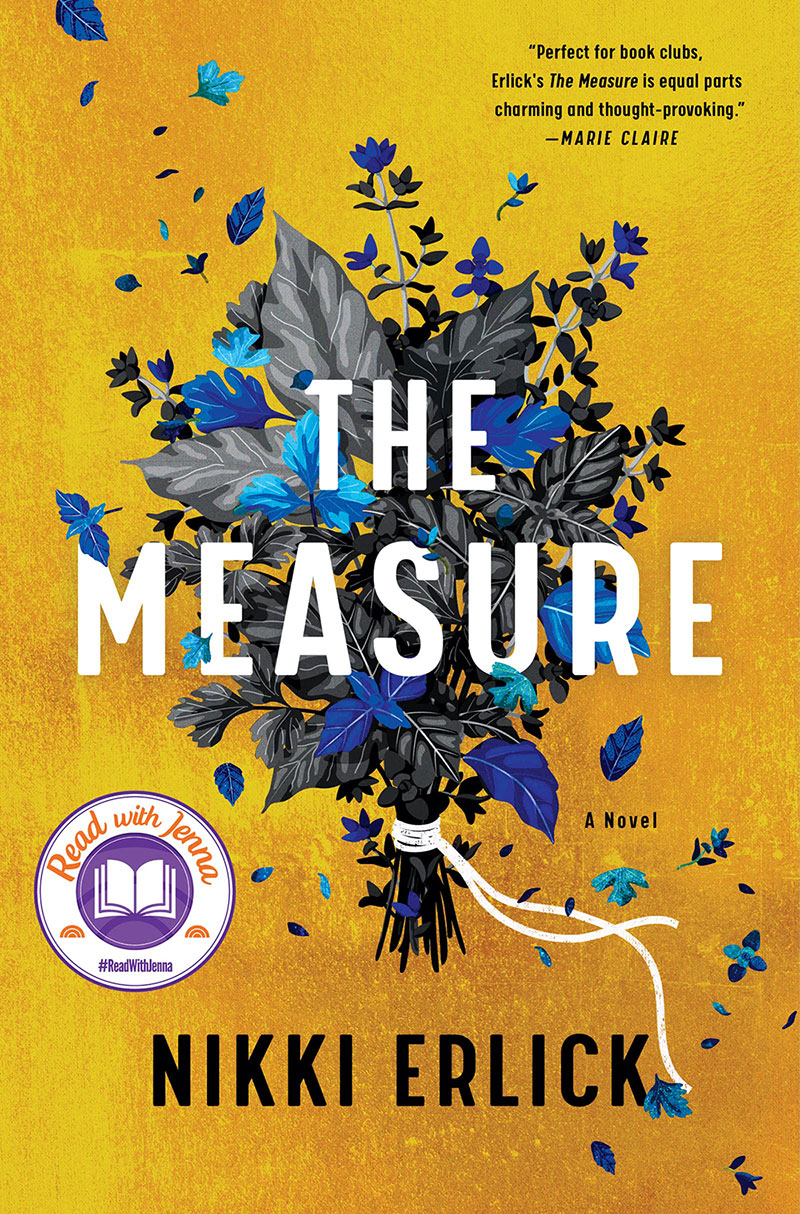What would you do if you knew how long you had to live? It’s hardly a novel question, but in her best-selling debut, The Measure, Nikki Erlick ’17GSAS offers a fresh perspective by examining not just the individual implications of destiny foretold but the societal ones as well.
Erlick is a graduate of Columbia’s MA program in global thought, an interdisciplinary degree that challenges students to consider world problems in unconventional ways, and her training is evident in this nuanced thought experiment. In Erlick’s imagined world, every adult (age twenty-two and older) wakes on an otherwise ordinary morning to find an engraved box on the doorstep containing a single string. “In San Francisco and São Paolo, in Johannesburg and Jaipur, in the Andes and the Amazon, there wasn’t anywhere, or anyone, that the boxes couldn’t find.”
Initially, no one knows what the strings mean, but it soon becomes clear that they indicate the length of the recipient’s life. There’s nothing forcing anyone to look inside the box, and some decide not to, but most bow to temptation. Quickly, society separates into factions: “long-stringers,” who have the security of knowing that they will live full lives, and “short-stringers,” who have a different fate.
Erlick narrates her book from alternating perspectives — some of her deftly drawn characters have long strings and some short — which gives her the space to explore the new kinds of personal decisions that people must make. When do you tell your parents that they will outlive you? How does dating work when your partner will die long before you will? Can a short-stringer decide in good conscience to have children?
But Erlick’s book really shines when she tackles the bigger picture, imagining the complicated societal issues that might arise in such a scenario. Long-stringed political candidates pressure their opponents to reveal their strings as they would their taxes. The military decrees that no short-stringers will be deployed, rendering combat units essentially immortal. Mass shootings become even more commonplace, with an uptick in angry people realizing that they have nothing to lose.
Two and a half years into a pandemic that has upended the way many of us think about mortality and how we spend our time on earth, The Measure seems perfectly timed. It offers both an intriguing lens through which to view our complicated, often broken society and a heartfelt story about a group of people discovering that they have plenty to live for, no matter how long that life will be.



